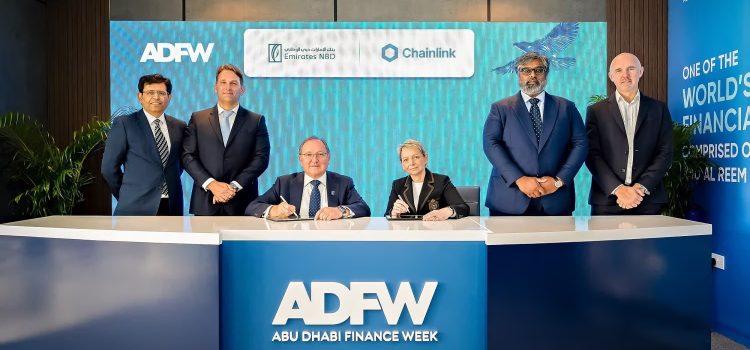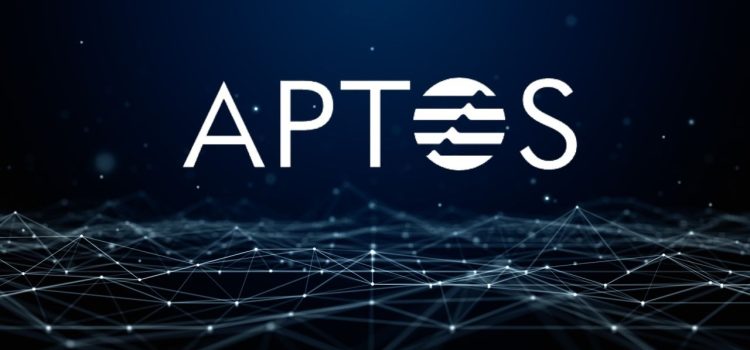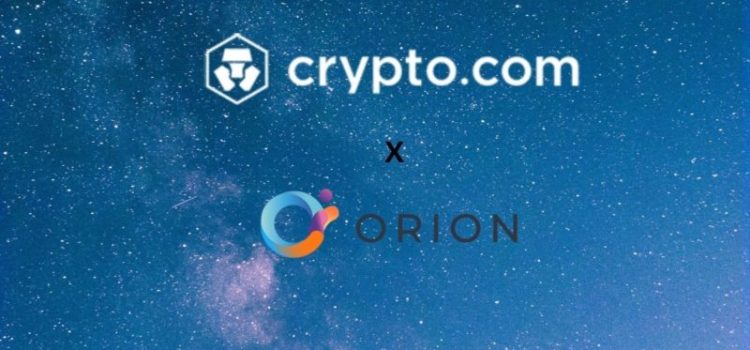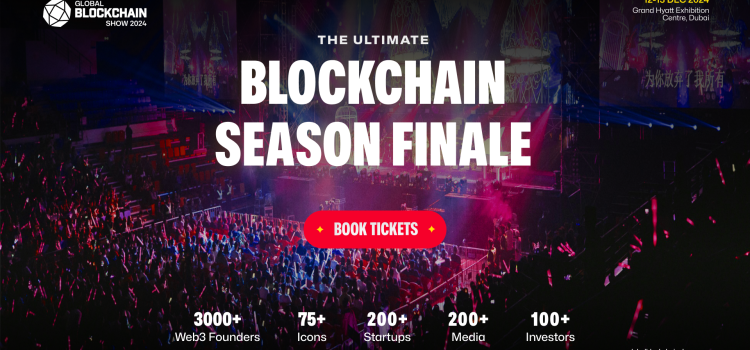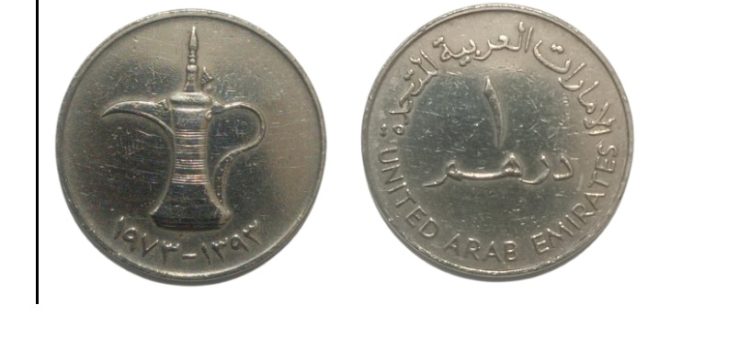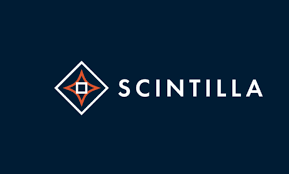
Emirates NBD, a banking group with presence in Middle East, North Africa, and Türkiye (MENAT) region, has added its fifth member of its Digital Asset Lab, Chainlink, the standard for onchain finance, verifiable data, and cross-chain interoperability. Chainlink will join other founding members including PwC, Fireblocks, R3 and Chainalysis.
Chainlink’s membership will play a key role in advancing the Digital Asset Lab’s mission to create innovative solutions in digital finance.
Digital assets represent a market of over USD 1.3 trillion globally, with tokenization alone contributing an estimated USD 230 billion annually to GDP in the MENA region, Ernst & Young estimates¹.
As digital assets increasingly become mainstream, banks are increasingly innovating to cater to cryptocurrencies, tokenized securities and Central Bank digital Currencies. This strategic alliance strengthens the Digital Asset Lab’s ability to scale the development of digital asset solutions while upholding the highest standards of trust, reliability and security.
Miguel Rio Tinto, Group Chief Digital and Information Officer at Emirates NBD, said, “We are proud to partner with Chainlink and welcome them to Emirates NBD’s Digital Asset Lab as a council member. As a key platform for our innovation strategy, the Digital Asset Lab enables us to pioneer next-generation solutions for our customers. With Chainlink Labs’ expertise in onchain finance, we are confident this partnership will drive new advancements in tokenization and digital asset management, reinforcing Emirates NBD’s position as a regional leader in financial innovation.”
Angie Walker, Global Head of Banking and Capital Markets at Chainlink Labs, added, “Tokenization and digital assets represent a hundred-trillion-dollar opportunity for financial institutions in the MENAT region and beyond. Chainlink Labs is excited to collaborate with Emirates NBD by becoming a council member of its Digital Asset Lab to help support the development of onchain financial applications powered by the Chainlink standard for onchain finance, verifiable data and cross-chain interoperability.”
The Digital Asset Lab was launched in May 2023 at the Dubai FinTech Summit, to accelerate digital asset and financial services innovation in the UAE.
The Digital Asset Lab has implemented groundbreaking solutions for Emirates NBD, such as offering crypto products in retail banking using loyalty program points, tokenized real-world assets such as bonds for Emirates NBD Capital, stablecoins and surrounding regulations, as well as compliance and monitoring of virtual asset transactions.
Additionally the bank signed a Memorandum of Understanding (MoU) with Ctrl Alt, B2B alternative asset solutions provider, to explore infrastructure solutions related to tokenization of real-world assets.








